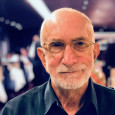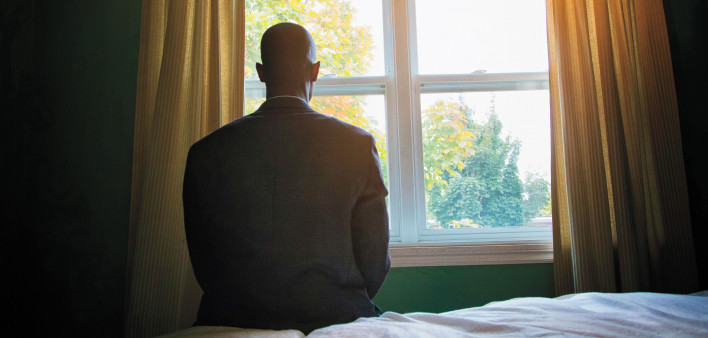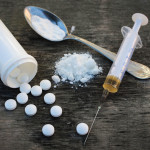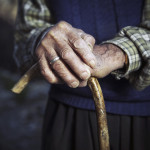My last “normal” day was March 17. I was in Toronto to pick up meds from the hospital pharmacy and to get a haircut. Since then everything has changed. Now I get my meds delivered and my partner cuts my hair. But we have all adapted far more than that, haven’t we? Here are some of the life lessons I’ve picked up along the way.
HIV seems less important now.
True, I’ve always been one who advocates for taking our meds and getting on with life. And true, I do live with troubling side effects, but here’s the thing: I live with them. HIV has never been my life story. Now HIV is even less a part of me. COVID-19 has transferred my HIV concerns and the related work I do from the back burner to a Post-it Note on the back wall. Instead, concerns such as how to get through long days, what to eat, and how to compensate for being shut in have all become more important. It’s true I’m a lucky and privileged white gay man so I see the world differently to many less fortunate. I have few housing, income or treatment access issues to my name, for example. As a result, my HIV has been a manageable condition for decades. I feel like getting through the COVID-19 pandemic deservedly gets more of my attention.
How we experience health care has changed, maybe forever.
I haven’t seen my HIV doctor in months. My regime includes two blood draws a year but only one physical check-in. Comorbidities, which I’d argue are the defining characteristic of seniors in particular, are a different story. Ongoing health issues, more often than not having nothing to do with HIV, have become more challenging to manage in the virtual realm. Who hasn’t experienced telemedicine or virtual consultations and found it sometimes works really well, sometimes less so? We wait and see how all this might pan out once epidemic-related restrictions are lifted. My guess? Seeing our doctor in person will become much rarer now. We will have to live with that.
HIV organizations have struggled to adapt both their messaging and their service delivery.
Our HIV organizations have faced real challenges. As an example, I’ve been involved in efforts to fashion sexual health messaging anew for gay men in the age of COVID-19. We heard from men who were badly missing having sex in person. While most men have adapted to staying at home, it was clear that others have not. Difficult conversations ensued. A harm reduction approach (how to reduce the risk of COVID-19 transmission while hooking up) developed into more prescriptive messaging (like “don’t hook-up”). That evolving thought process was a challenge for our sexual health educators—and they rose to it. So did those AIDS service organizations who kept their doors open, operated food banks and provided harm reduction supplies. I felt proud of them. You should too.
Older adults’ lives are disposable?
It’s a given, even our southern nemesis Trump grudgingly acknowledges, that opening up a country in the midst of a COVID-19 epidemic will result in collateral damage. Those deaths won’t be concentrated in the general population but in my generation, where most deaths by far have occurred to date. Older adults with HIV plus comorbidities (that’s virtually all my generation) are particularly vulnerable. Look up the definition of “genocide.” It fits perfectly here. I try very hard not to be bitter about this. But then . . .
We are incredibly resilient.
As an older adult, I’ve learned more about myself—limitations, work habits, triggers, capacity for sloth, Netflix preferences, etc.—than ever before. Above all, I’ve seen the truth in conversations about the resiliency not only of us long-term survivors but also of others newer to living with HIV. “We have coped with HIV, we can cope with the coronavirus” is a sentiment often voiced on Facebook. And it’s true. Going into lockdown back in March, I was astonished by how much we were being asked to give up. Over the last months, though, we have forged those limitations into a workable narrative. We have adapted. Some have done well, flourished even. Others have had to endure financial hardship, loss of jobs and income, but their story too is one of survival. We have learned skills and coping mechanisms that will serve us well as we move forward to experience, once again, a COVID-19-free environment. Let’s hope that can be our reality, anyway.








Comments
Comments